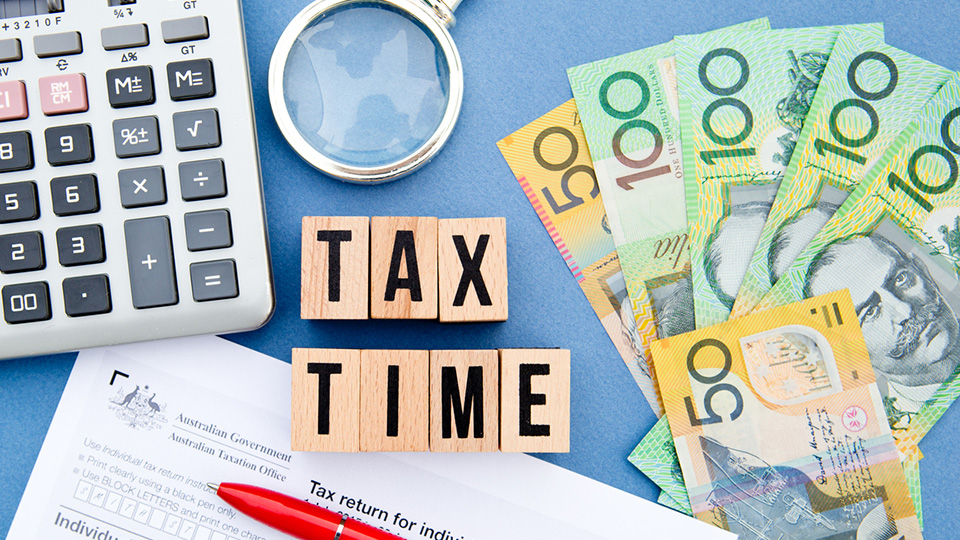September 18, 2017
Tax for retirees: What can I claim?

As you enter retirement, it’s nice to know there are certain tax breaks you may be able to take advantage of.
In this article, we outline some of the tax offsets available to retirees, as well as other tax deductions to consider.
Remember, it’s always best to seek professional tax advice from specialists like us, so please get in touch if you have any questions.
Tax offsets for retirees
Tax offsets, sometimes referred to as rebates, are not the same as tax deductions.
Offsets directly reduce the amount of tax you must pay on your income. Each dollar of tax offset reduces your tax payable by a dollar regardless of your taxable income.
In general, tax offsets can reduce your tax payable to zero, but they can’t provide you a refund and will not affect your Medicare levy.
The following offsets are commonly accessed by retirees:
1) Seniors and pensioners
The Seniors and Pensioners Tax Offset is generally available to taxpayers who are 65 or older. To be eligible, you must satisfy a couple of conditions.
Firstly, you need to be of an appropriate age to receive the Age Pension. This condition is satisfied as long as you meet the age criteria, you do not need to receive the payments.
The second condition is income tested and is measured against your adjusted taxable income. If you have a spouse, their income may also be taken into account.
2) Low-income earners
The low income tax offset is calculated by the ATO when you lodge your tax return and applies to those who earn a modest income.
The maximum tax offset of $445 applies if your taxable income is $37,000 or less.
This amount is reduced by 1.5 cents for each dollar over $37,000. This means that an individual with taxable income below $66,667 will be eligible for the low income tax offset.
3) Those who require disability aids, attendant care or aged care
In certain circumstances, you may be able to claim a percentage of your net medical expenses for disability aids, attendant care or aged care.
Net medical expenses are calculated by your total eligible medical expenses less any refunds received from the National Disability Insurance Scheme (NDIS) and private health insurers.
This offset is income tested and subject to a minimum expense threshold.
If your medical expenses pass the threshold limit, you may be eligible to claim up to 20% of any costs exceeding that threshold, dependent on your income level and family status.
4) People who receive an Australian superannuation income stream
Those who receive income from an Australian Super Income Stream may be eligible for certain tax offsets.
However, as the vast majority of recipients are over age 60 and in retirement phase, the income received is non-taxable.
Tax deductions
As a retiree, many of the tax deductions you claimed while working will no longer apply.
However, you may be able to claim a deduction on any investment expenses incurred in managing an investment portfolio. This can include a portfolio of shares, fixed interest securities or many other investments held in your personal name.
Expenses that you may be able to claim include ongoing portfolio management fees, amounts paid for certain investment advice, and the interest on any money borrowed to purchase investments.
If you earn income from investment properties, we can explain the kinds of deductions you can claim.
Why seek advice?
Tax can be complex, and you may be entitled to other offsets or rebates we haven’t covered, such as the private health insurance rebate.
That’s why it’s best to have professionals like LDB on your team. We’ll go over your financial position and alert you to any offsets or deductions you may be able to claim.
Whether you’re a self-funded retiree or an aged pensioner, we’d love to hear from you!
Please call (03) 9875 2900 or send us details via the contact form below.





